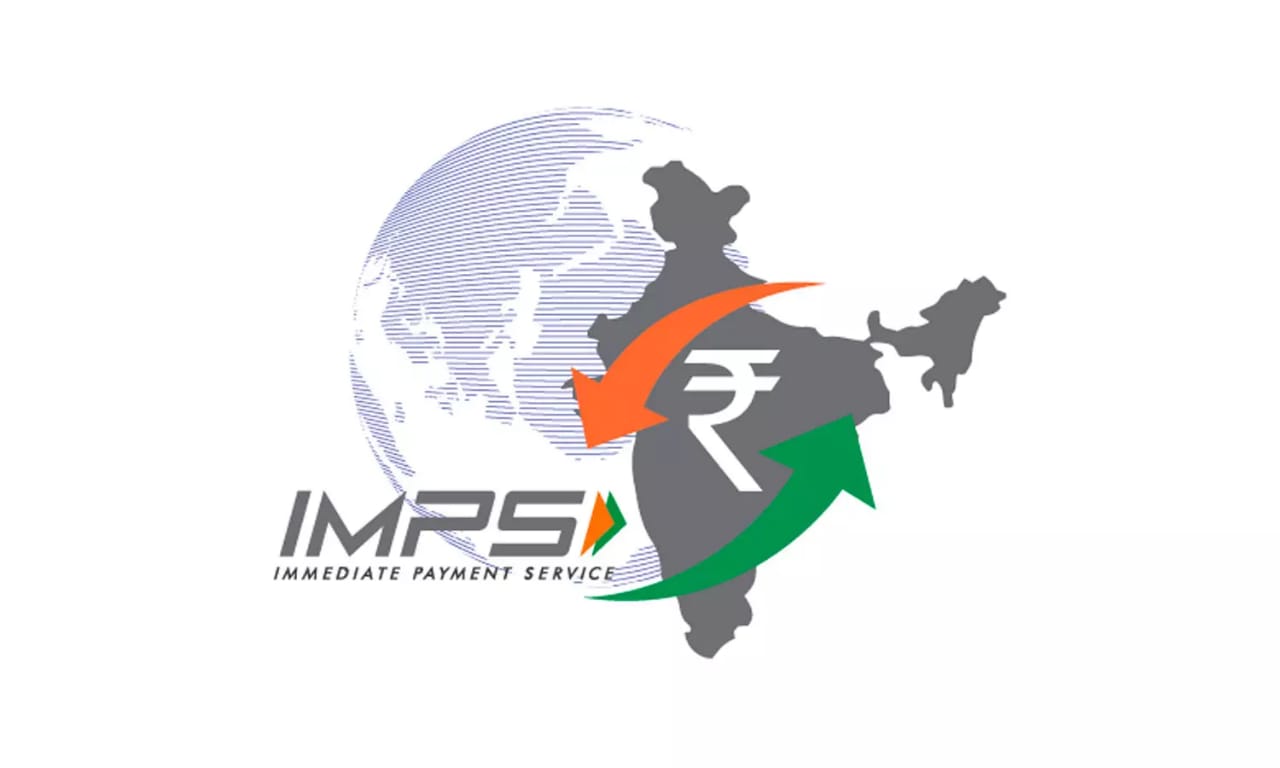New NPCI rule comes into force from 1 February
New NPCI rule comes into force from 1 February
In a new development from February 1, the Immediate Payment Service (IMPS) in India undergoes a significant change that will make transferring money amidst bank accounts even more convenient.
The National Payments Corporation of India (NPCI) introduces a new rule that allows customers to transfer up to Rs 5 lakh sans the neccessity to add beneficiary details such as account numbers or IFSC codes.
Under the new simplified IMPS rules, users can initiate a transaction using just the recipient’s mobile number and the name of their bank.
This streamlines the process, making it quicker and reducing the risk of errors associated with entering detailed beneficiary information.
Additionally, real-time beneficiary validation will be performed ahead of the authorized transaction further minimising the chances of incorrect transfers.
The updated system is designed to be user-friendly, with remitter banks expected to maintain a mapping of member bank names with default MMID (Mobile Money Identification Number) and undertake necessary UI/UX enhancements to facilitate this new method of fund transfer.
The NPCI circular dated October 31, 2023, mandated all members to comply with these changes by January 31.
The IMPS service, recognised for its 24×7 availability and instant fund transfer capabilities, continues to play a pivotal role in transforming India’s financial landscape.
In order to use the streamlined IMPS feature, users will be required to perform these steps:
Step 1: Go to the mobile banking app.Step 2: Click on the ‘Fund Transfer’ section.Step 3: Choose ‘IMPS’ as the preferred method for fund transfer.
Step 4: Give the recipient’s mobile number and then choose the beneficiary bank name. Notably, there is no requirement to enter an account number or IFSC.
Step 5: Mention the amount you want to transfer, within a limit of Rs 5 lakh.
Step 6: After giving the necessary details, click on ‘Confirm.
‘Step 7: Go ahead with the transaction after getting the one-time password (OTP).
News Edit K.V.Raman
















